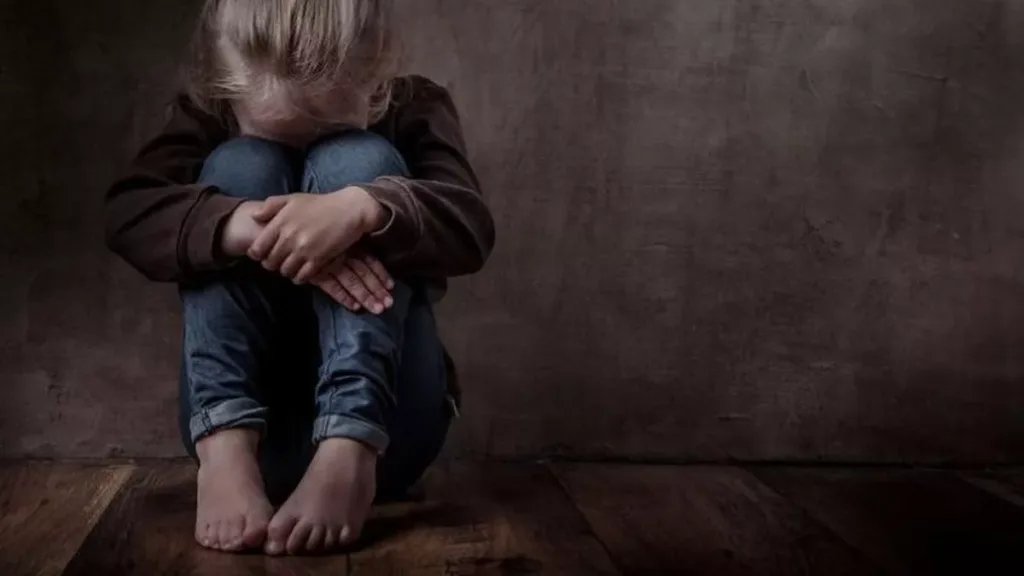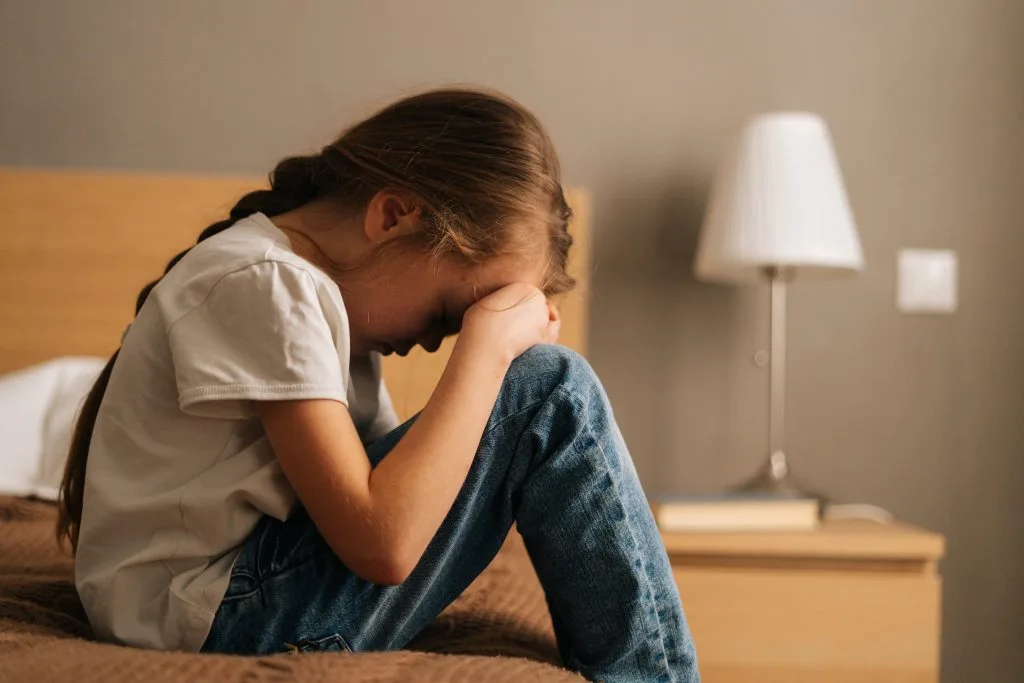Childhood mental health is a matter of profound concern in India, with far-reaching implications for a child’s well-being and future prospects. It is essential for parents, caregivers, and society at large to be vigilant about recognizing the signs of mental health issues in children and seeking timely intervention. By doing so, we can lay the foundation for a brighter future in India where children’s mental well-being is prioritized and supported. In this article, we will explore eight key signs of childhood mental health issues in India, shedding light on the unique challenges faced in this cultural context.

Changes in Behavior:
Significant alterations in a child’s behavior can serve as an early indicator of potential mental health concerns. In India, where stigma around mental health is still pervasive, these signs often go unnoticed. According to a survey by the National Institute of Mental Health and Neurosciences (NIMHANS), approximately 7.3% of Indian children aged 4–16 exhibit signs of emotional or behavioral disorders. It is crucial for parents and caregivers to be attuned to shifts in behavior, such as sudden aggression, withdrawal, or unexplained mood swings, which could signal underlying mental health issues.
Emotional Distress:
Children experiencing prolonged emotional distress may be grappling with mental health problems. A study published in the Indian Journal of Paediatrics highlighted that the prevalence of anxiety and depressive disorders among Indian adolescents ranged from 7.6% to 25.3%. This alarming statistic underscores the need for early intervention and support to address emotional distress in Indian children. Parents and educators should be equipped to recognize signs of anxiety and depression, such as persistent sadness, excessive worry, or sudden changes in emotional states.
Changes in Sleep Patterns:
Sleep disturbances in Indian children can also be indicative of mental health challenges. A study published in the Indian Journal of Psychiatry found that over 40% of Indian adolescents reported poor sleep quality, often linked to stress and anxiety. Sleep problems, including difficulty falling asleep, frequent waking during the night, or nightmares, should not be dismissed as mere inconveniences but rather considered potential indicators of underlying mental health issues. Parents should foster a bedtime routine that promotes healthy sleep habits and provides a safe space for children to discuss their worries.
Decline in Academic Performance:
Academic struggles are common among Indian children dealing with mental health issues. The National Mental Health Survey of India estimated that 7.3% of Indian children and adolescents have significant mental health problems that can affect their educational outcomes. The intense pressure to excel in academics in India’s competitive education system can exacerbate these issues. It is essential for parents and teachers to be sensitive to declining academic performance and explore whether it may be linked to emotional or psychological challenges. Early intervention through counseling or therapy can help mitigate the impact on a child’s education.
Social Isolation:
Social withdrawal, a common sign of mental health issues, is prevalent among Indian children, often exacerbated by the relentless academic pressures they face. According to a report by the Observer Research Foundation, the competitive education system in India can lead to social isolation and high levels of stress among students. Parents and educators should encourage social interactions and provide a supportive environment where children feel safe to express their feelings and concerns. Building strong social connections can act as a protective factor against the negative effects of social isolation.
Physical Symptoms:
Physical complaints such as headaches or stomach aches are often linked to mental health issues in Indian children. The lack of awareness and stigma surrounding mental health may cause children to express their emotional distress through physical symptoms. It is vital for parents and healthcare providers to adopt a holistic approach when assessing a child’s health. Investigating the underlying emotional factors contributing to physical complaints can lead to more accurate diagnoses and appropriate interventions.
Changes in Eating Habits:
Unhealthy eating habits can be reflective of emotional turmoil in Indian children. The Indian Journal of Community Medicine reported that a significant number of Indian adolescents engage in disordered eating behaviors, which can contribute to mental health challenges. Parents play a crucial role in promoting a healthy relationship with food by fostering a balanced approach to nutrition and body image. Open communication about food-related concerns and body image issues can help children develop a positive attitude toward eating and their bodies.
Self-Harm or Suicidal Thoughts:
While less common, self-harm and suicidal thoughts are critical concerns in India. According to the India State-Level Disease Burden Initiative, suicide is a leading cause of death among individuals aged 15–39 in the country. Recognizing the signs of self-harm or suicidal thoughts is a matter of life and death. Parents, caregivers, and educators must be vigilant and take any mention or indication of self-harming behaviors or suicidal thoughts seriously. Immediate professional intervention is crucial in these cases to ensure the child’s safety and well-being.


